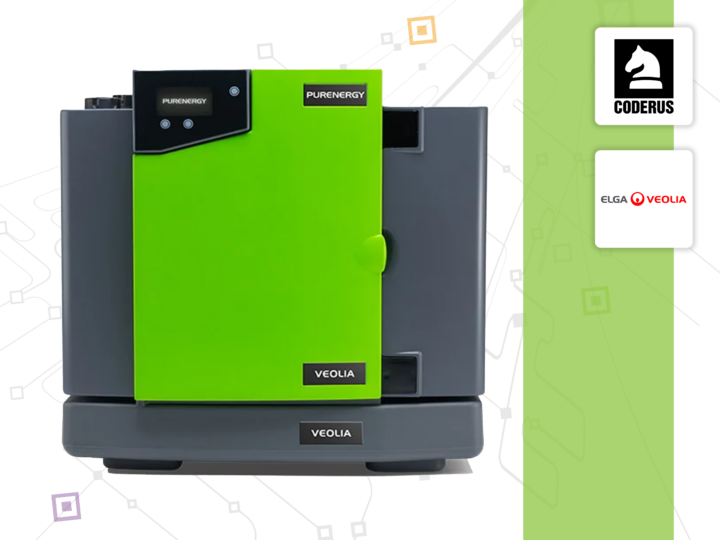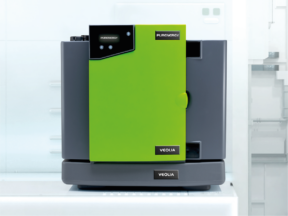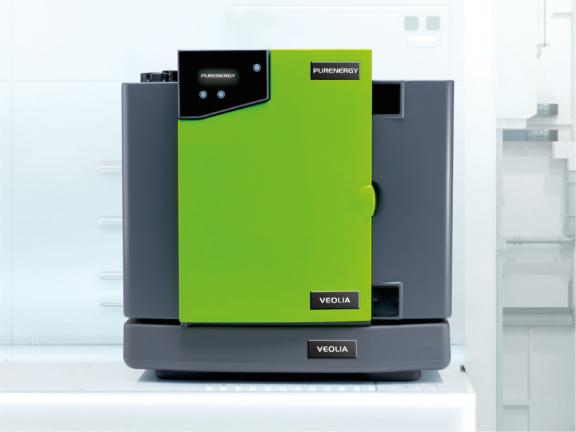A legacy project with a deprecated compiler

The Challenge
ELGA Veolia are previous client that use our services to help maintain and support their products. Previously finding us through the list of Microchip UK registered companies.
Using the previous project code from a previous supplier of Veolia, Coderus were tasked with not only maintaining and implementing new features for this new project but also ensuring compatibility with the legacy and deprecated tool set. Picking up the code base from a previous supplier and adding new features while ensuring no regressions and maintaining the same embedded footprint was part of the challenge.
The creation of new products was also challenging, we needed to ensure that the product, which is a set and forget board, is reliable enough to support the software, which maintains a high uptime and recovers from failure.

Image Source: elgabwater.com
The Methodology
Our partnership with ELGA Veolia began when they came to discuss project requirements with the Coderus team. Following up on the given requirements, we investigated them and gave estimates for the complexity and time to implement.
Using Agile methodology, we ensured that we released to the client often, allowing them to test and gather feedback on changes when used in full systems.
The Microchip PIC18 was used for the project and as a Microchip Design Partner the team were very used to working with them. Microchip is a leading provider of microcontroller and power management semiconductors, serving customers across the automotive, industrial and consumer sectors.
The methodology that we used included exploratory testing, due to the fact that there was a large existing codebase. Testing was done by utilising hardware provided by the client. We created test cases based on the documentation provided to us by Veolia in our TCM system.
The scope for the maintenance releases did not include particularly large changes but there was a high chance of regression so in-depth testing had to be conducted.
The Tech_
- The development team used the C18 for the legacy product.
- For maintaining previous projects, we kept the same style of development, so as not to confuse the codebase.

The Results
Due to the embedded nature of the products and our expertise in embedded systems, we strived to deliver top results, with power efficiency, speed, and memory usage being paramount.